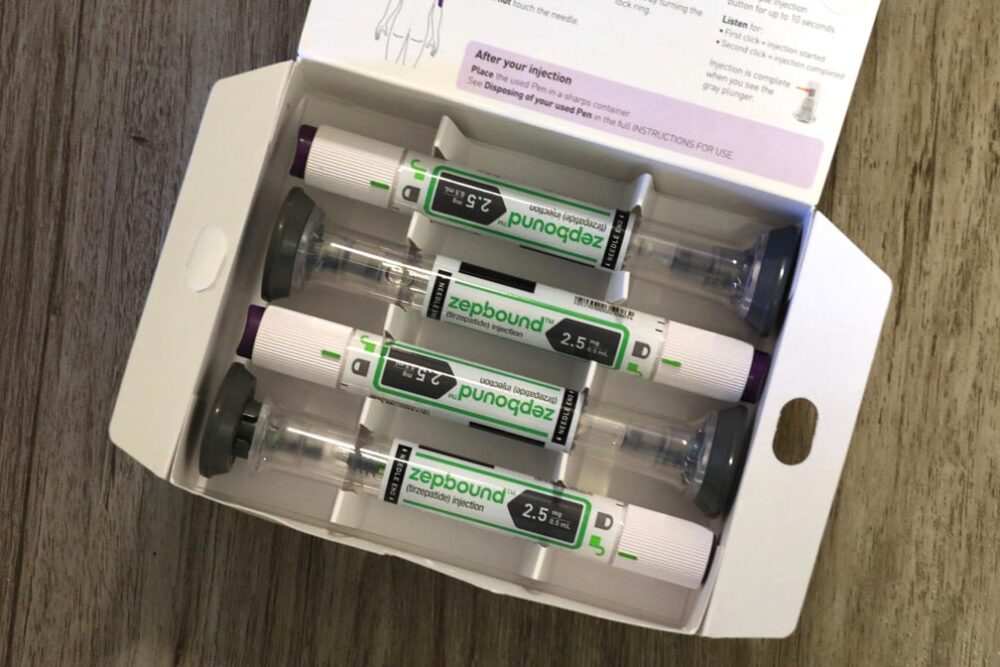Advertisment
MHLW (Japan) approves Zepbound (tirzepatide) to treat obesity – Eli Lilly KK + Mitsubishi Tanabe

Eli Lilly Japan K.K. and Mitsubishi Tanabe Pharma Corporation announced that Eli Lilly Japan received manufacturing and marketing authorization in Japan from the Japanese Ministry of Health, Labour and Welfare (MHLW) for “Zepbound” (non-proprietary name: tirzepatide; hereinafter referred to as “Zepbound”), a long-acting GIP/GLP-1 receptor agonist, for the treatment of the chronic disease of “obesity disease*” with multiple factors.
However, its use is limited to people with any of hypertension, dyslipidemia, or type 2 diabetes mellitus and do not adequately respond to diet or exercise therapy and meet any of the following conditions: • BMI of ≥27 kg/m2 in the presence of at least two obesity-related health conditions • BMI of ≥35 kg/m2.”
Zepbound is a long-acting GIP (glucose-dependent insulinotropic polypeptide) and GLP-1 (glucagonlike peptide-1) receptor dual agonist that activates both GIP and GLP-1 receptors. Although the structure of Zepbound is a single molecule based on the native GIP peptide sequences, it has been modified to also bind to the GLP-1 receptor and selectively acts for a long duration, allowing weekly dosing. Tirzeptide is marketed by Eli Lilly Japan and MTPC for the treatment of type 2 diabetes mellitus under the name of Mounjaro, which contains the same compound as Zepbound. Zepbound is administered once weekly by subcutaneous injection with “Ateos”, a single-use autoinjector device, and it has the same dosages as Mounjaro, with six dose standards (2.5 mg, 5 mg, 7.5 mg, 10 mg, 12.5 mg, and 15 mg), allowing for flexibility in dosing depending on the condition.





